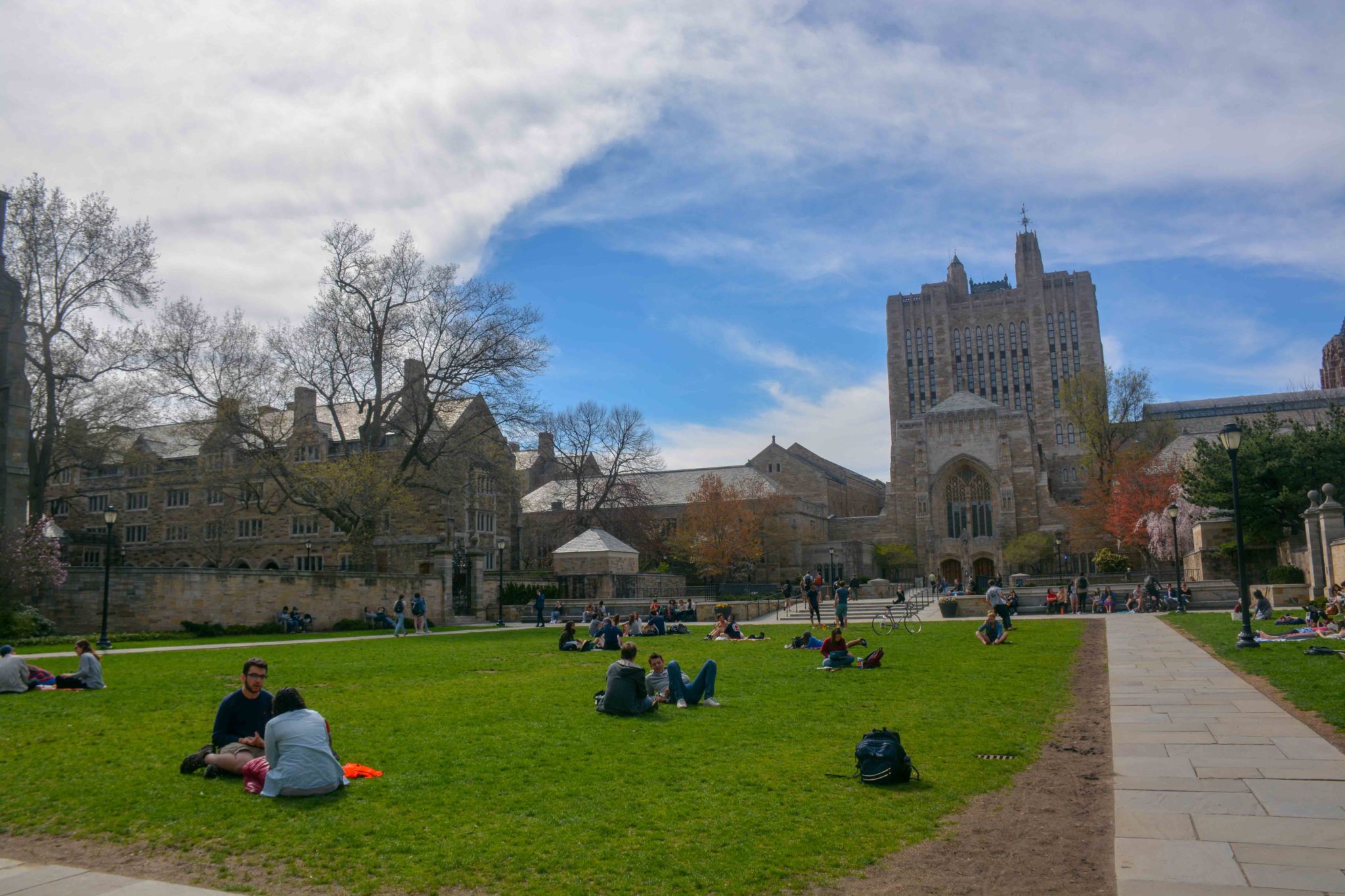
Schirin Rangnick
The University received a record number of complaints of sexual misconduct in fall 2018, according to a report from the Office of the Provost released on Wednesday.
From July 1 to Dec. 31 last year, students submitted 162 complaints to Yale’s Title IX Office, an all-time high. The number of complaints has almost doubled since spring 2017, when the University was made aware of 82 sexual misconduct cases. From Jan. 1 to June 30 in 2018, the University received 154 complaints of sexual misconduct. In a report published last August, University Title IX Coordinator Stephanie Spangler attributed the growth to the #MeToo phenomenon, as well as increasing awareness of Yale’s resources for addressing sexual misconduct.
While Yale has published similar reports semi-annually since January 2012, the most recent analysis of Title IX complaints comes as the Department of Education looks to overhaul current policies for campus adjudication of sexual misconduct. Yale is participating in the Association of American Universities’ second campus sexual climate survey, which will provide quantitative information about national trends and patterns of sexual misconduct within individual universities.
“As we look forward, we face uncertainty with regard to the prospect of regulatory change relating to Title IX,” Spangler wrote in the report’s introduction. “Nonetheless, the University remains steadfast in its commitment to address sexual misconduct effectively and fairly, and I remain certain of the power of community engagement to make positive and enduring change.”
Of the 162 complaints during the July 1 to Dec. 31 period, 40 percent were reported as sexual harassment, 34 percent as sexual assault, 12 percent as stalking, six percent as intimate partner violence and eight percent as other. 104 out of 162 complaints were brought by Yale College students, while graduate and professional students were listed as complainants in 22 cases. Female students submitted 121 complaints, while male students lodged 25 and students of “other gender identity” or unknown gender issued the final 14.
According to the report, only four complaints were brought in front of the University Wide Committee on Sexual Misconduct last semester, while 89 were reviewed by the University’s Title IX coordinators and 16 were brought to the Yale Police Department. Of the remaining complaints, 19 were dropped by the complainant and 34 were never pursued. Per the report published last August, 10 complaints were brought to the UWC and 129 were addressed by the Title IX office in spring 2018. While the report includes statistical and descriptive summaries of complaints — explaining what allegedly took place and how the University addressed the issue — the report does not provide specific details in order to protect the privacy of the alleged victim and the accused.
Earlier this month, the University solicited responses from students for the Association of American Universities’ campus sexual climate survey. Yale participated in the first iteration of the survey in 2015, which compiled data from students at 27 universities. The results of the survey, which University President Peter Salovey called “extremely disturbing,” showed that 16.1 percent of Yalies had been victims of an attempted or completed sexual misconduct since arriving on campus. The survey also revealed that Yale students experience sexual harassment and assault at a rate higher than the national average and often face barriers to reporting.
Based on responses from students at Yale and other participating institutions across the nation, the 2019 survey will similarly provide quantitative information about national trends and patterns within individual universities on sexual misconduct.
“Four years ago, Yale and twenty-six other universities participated in the first Campus Climate Survey on Sexual Misconduct, sponsored by the Association of American Universities,” Salovey wrote in a University-wide email last month. “… By illuminating specific campus patterns and challenges, our local results helped build community engagement around improving Yale’s programs, processes, and policies for addressing sexual misconduct. The 2019 AAU survey will add a critical second wave of data, shedding additional light upon our ongoing challenges and helping us to assess the impact of our collective efforts.”
In the introduction to the report, Spangler also noted that the results of the 2015 survey guided University administrators in creating institutional prevention and response initiatives. Following the publication of the 2015 survey results, Yale created school-specific committees on sexual climate and expanded orientation and training programs to prevent sexual misconduct. According to Yale College Assistant Dean of Student Affairs Melanie Boyd, the University also launched a website, titled “Student Discrimination and Harassment Reporting & Response,” detailing the resources available to students who face sexual discrimination or harassment on campus.
Audrey Steinkamp | audrey.steinkamp@yale.edu .
Serena Cho | serena.cho@yale.edu .







